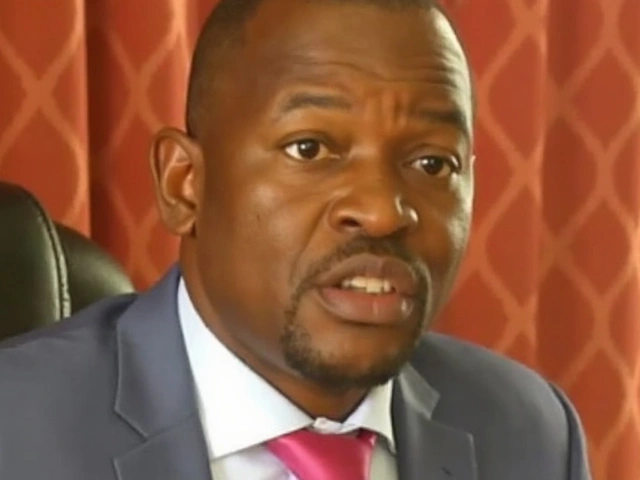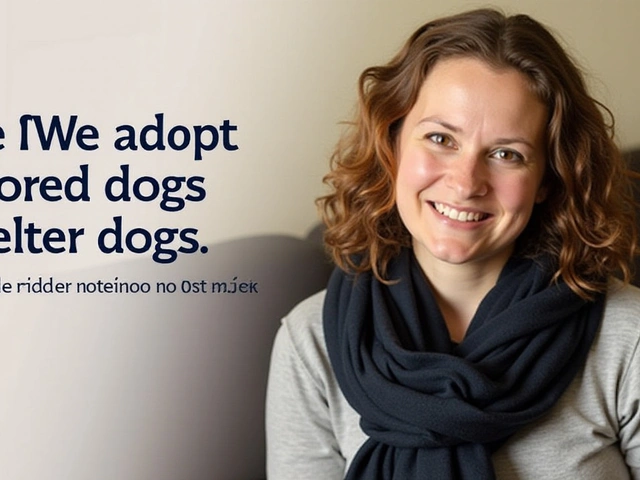Civil War: What You Need to Know
Civil wars often start when groups inside a country clash over power, resources, or beliefs. These conflicts don’t just happen overnight – they build up from political tension, ethnic clashes, economic struggles, or weak governments. Understanding why civil wars happen helps us see the bigger picture behind the headlines.
Unlike wars between countries, civil wars tear a nation apart from within. They disrupt communities, force families to flee, and often leave deep scars that last generations. The damage goes beyond the battlefield to affect everyday life, with infrastructure destroyed, schools closed, and economies weakened.
Common Causes of Civil War
Why do civil wars break out? There’s no single answer, but some causes pop up again and again. For example, severe inequality can push people to demand change, sometimes through violence. When governments fail to include all groups fairly, those left out may take up arms. Other times, ethnic or religious divisions spark fights, especially if fueled by mistrust or past grievances.
Resources like land, water, or wealth often lie at the heart of conflicts. Groups want control over these to survive and gain power. Add in political problems like corruption or repression, and tensions can quickly boil over. Understanding these reasons is key to preventing or resolving such wars.
Impact and Real Stories from Africa
Africa has seen several civil wars where entire nations suffered. People lose not just lives but their homes and futures too. For example, civil wars often push millions to become refugees, struggling to find safety and a new start. Yet, amid this hardship, communities and leaders work tirelessly toward peace and rebuilding.
Ground Report Testing covers stories from African countries facing civil unrest and beyond. We aim to give you clear, real-time news to grasp what’s happening on the ground. These stories matter because they affect millions and shape the continent’s future.
In short, civil wars are complex but understanding their roots and effects helps us face the challenges they bring. It’s about knowing the human stories and the causes behind them, so we can learn, stay informed, and hope for solutions.






